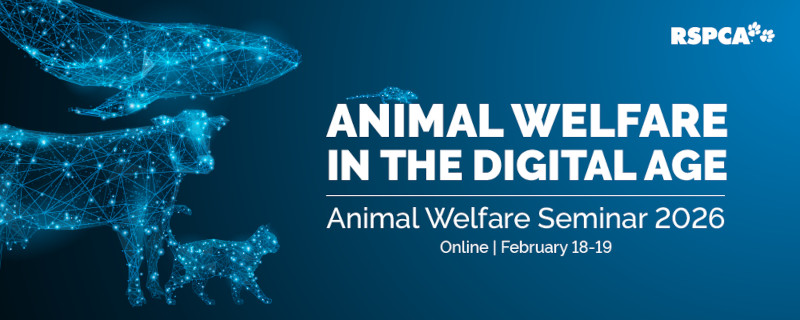Male sheep, cattle, goats and pigs are routinely castrated in order to reduce aggression and subsequent injury. Methods of castration are either by blade or rubber ring. At present, castration is carried out as a routine husbandry procedure on young animals without the use of anaesthetic or pain relief.
The RSPCA believes that castration must only be undertaken where there is a clearly established need. For example, there is no need to castrate animals which are destined for slaughter prior to sexual maturity e.g. piglets, lambs or calves.
The RSPCA believes that where castration is undertaken, it should be accompanied by pain relief and/or anaesthetic depending on the method used.
The castration of older animals as well as the castration of deer, donkeys, horses and camelids of all ages is considered a major surgical procedure and we believe it must only be performed under anaesthetic by a veterinary surgeon.

